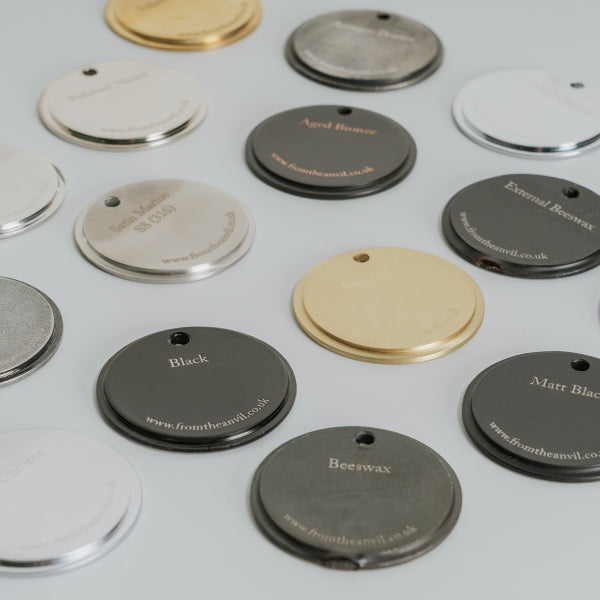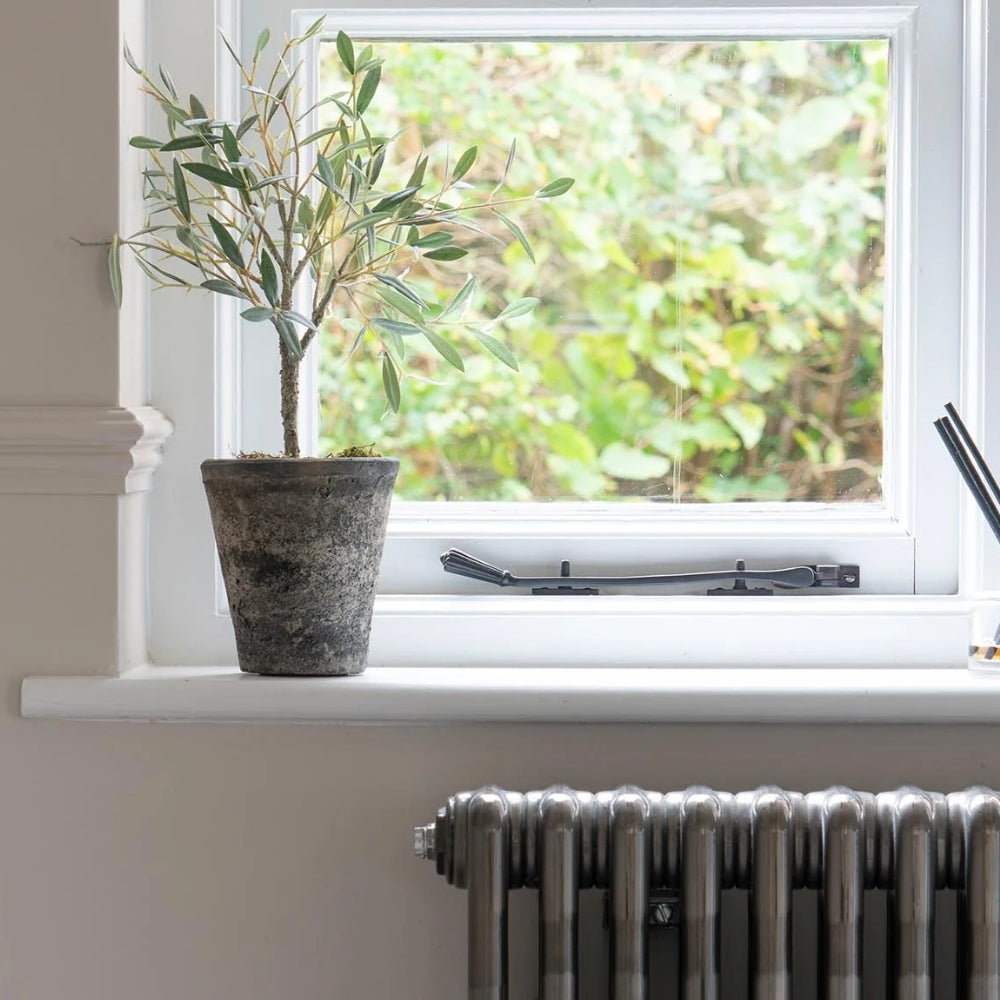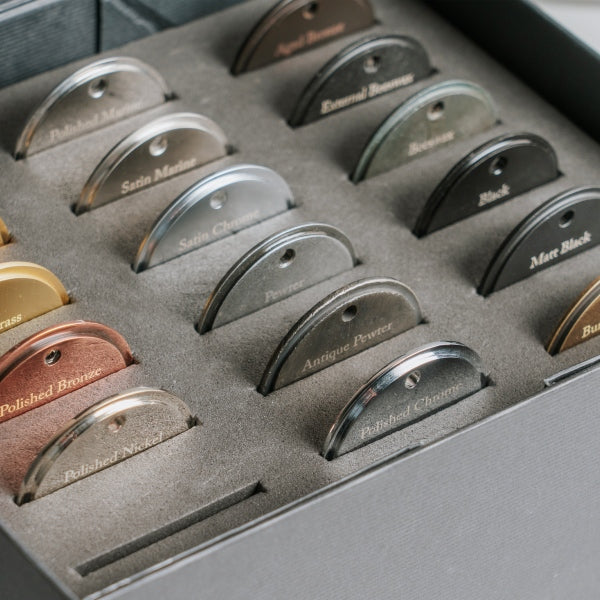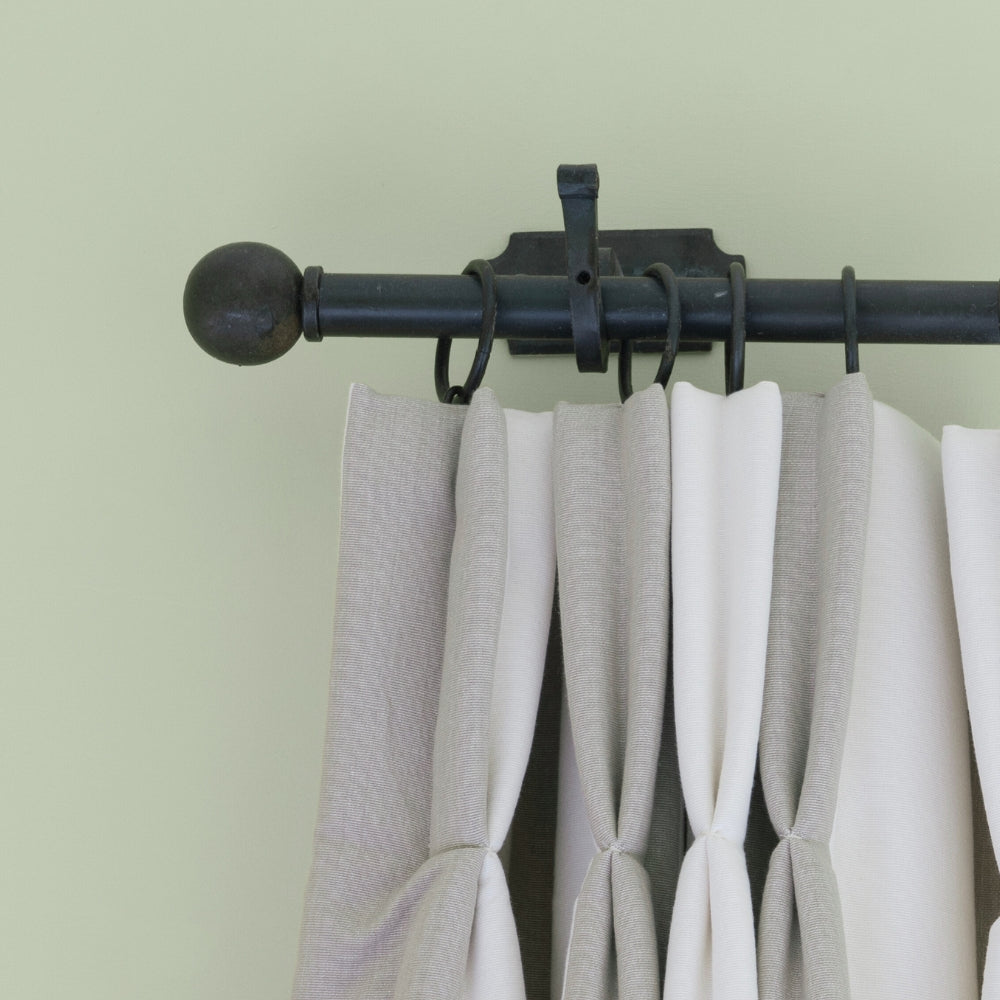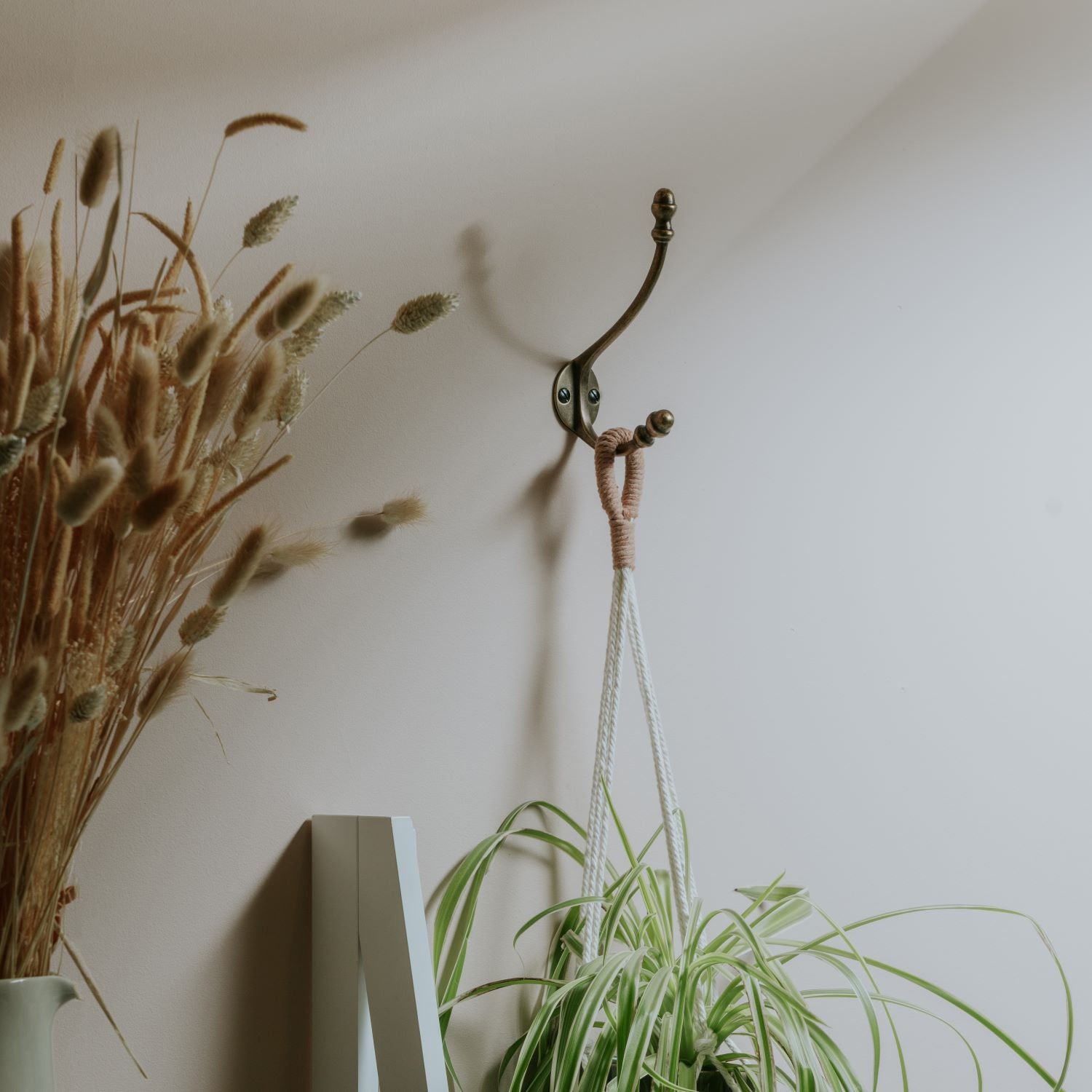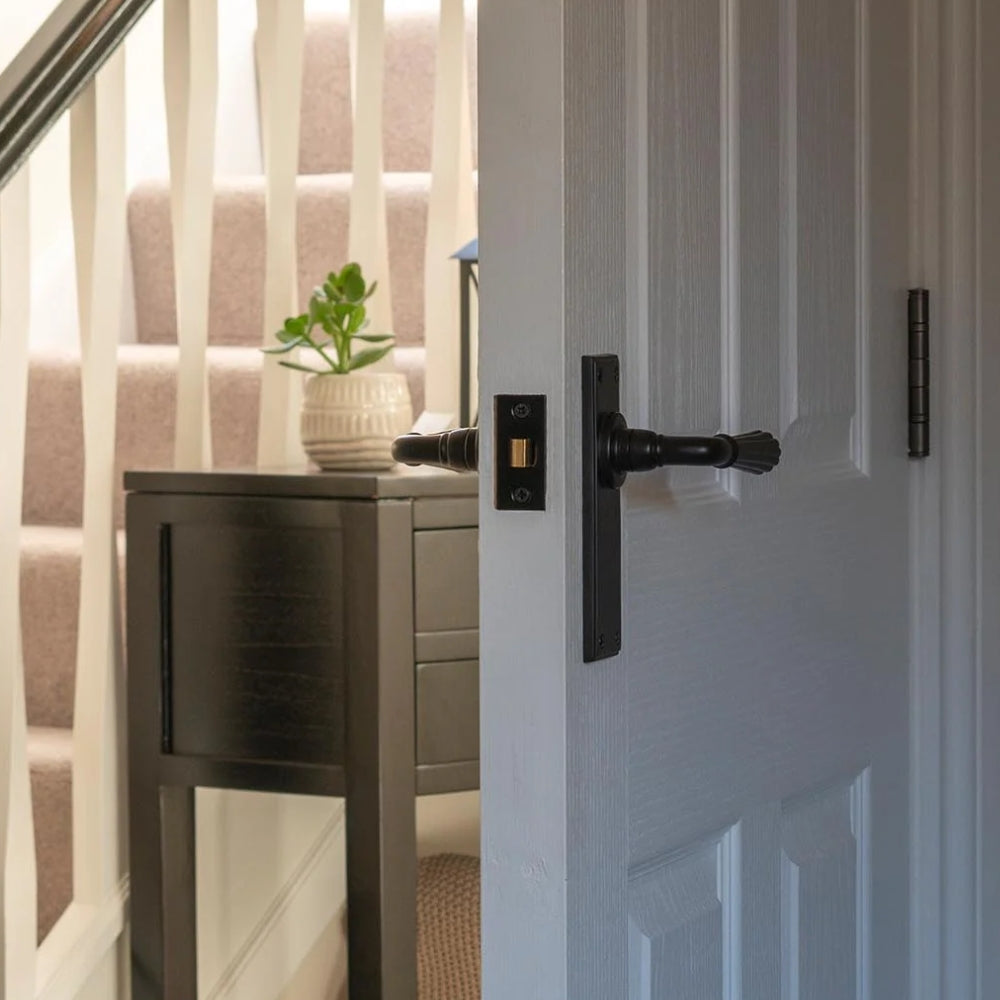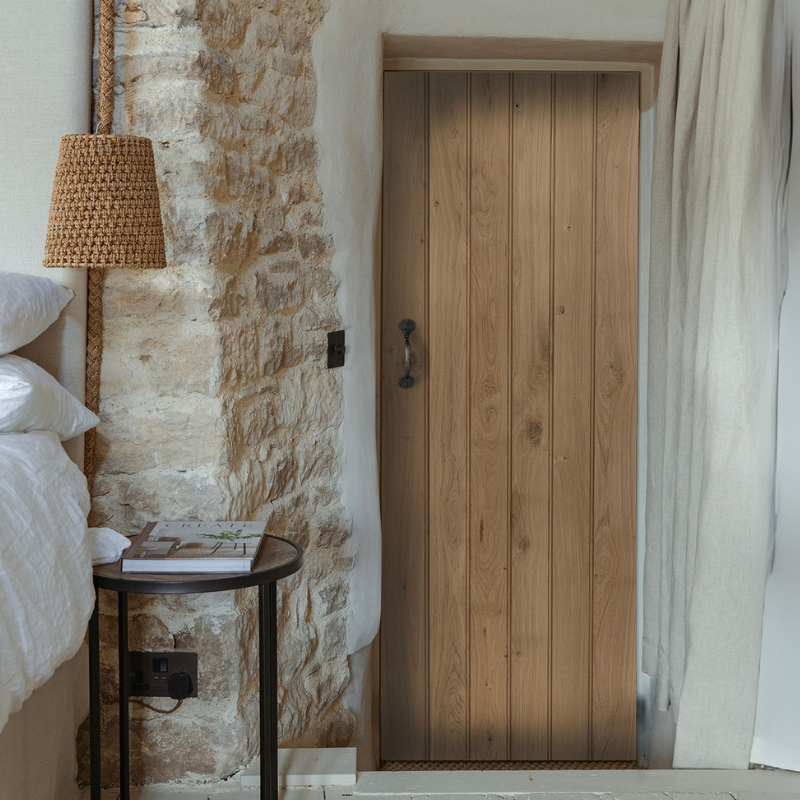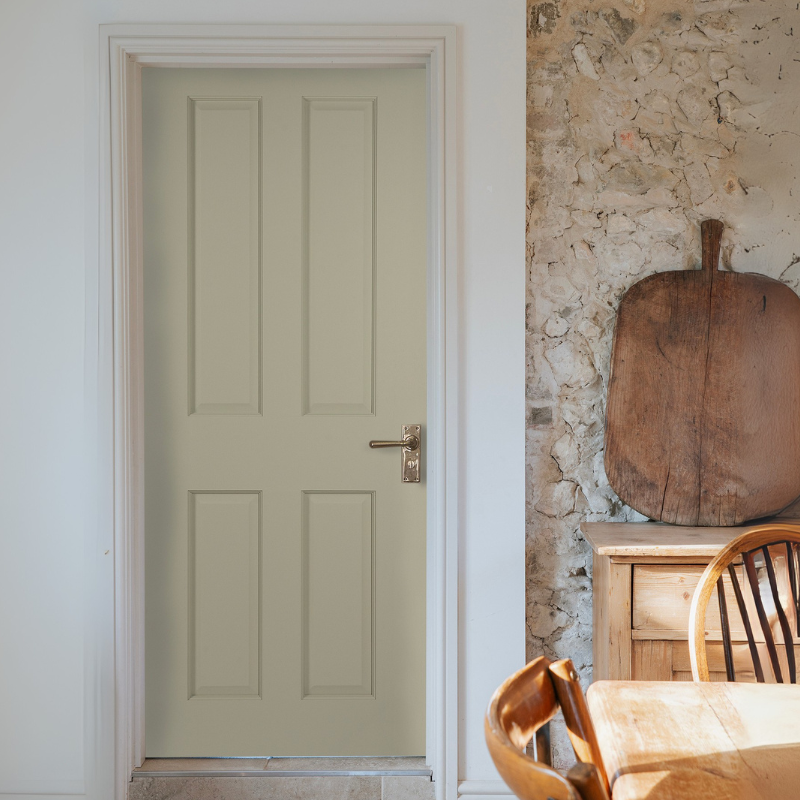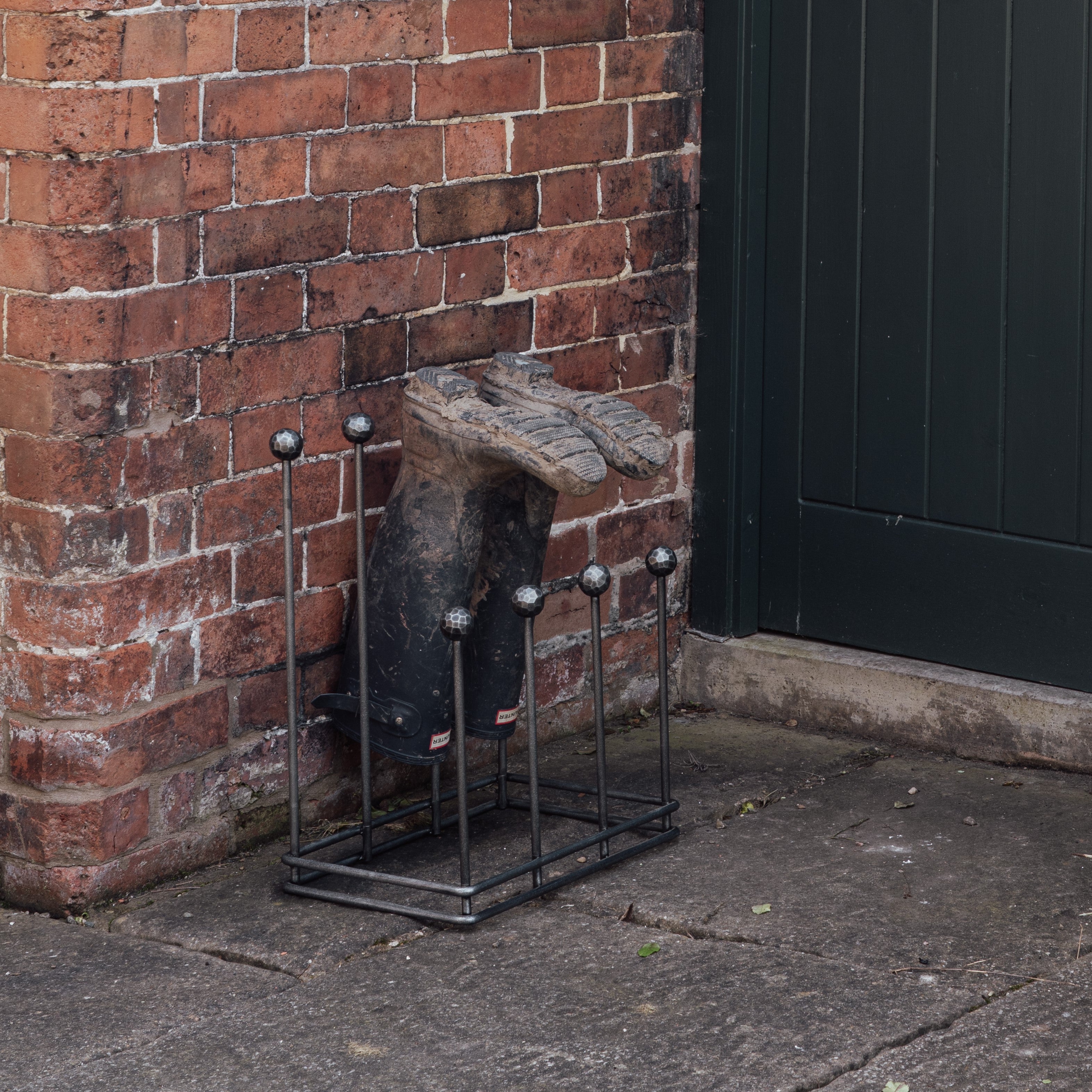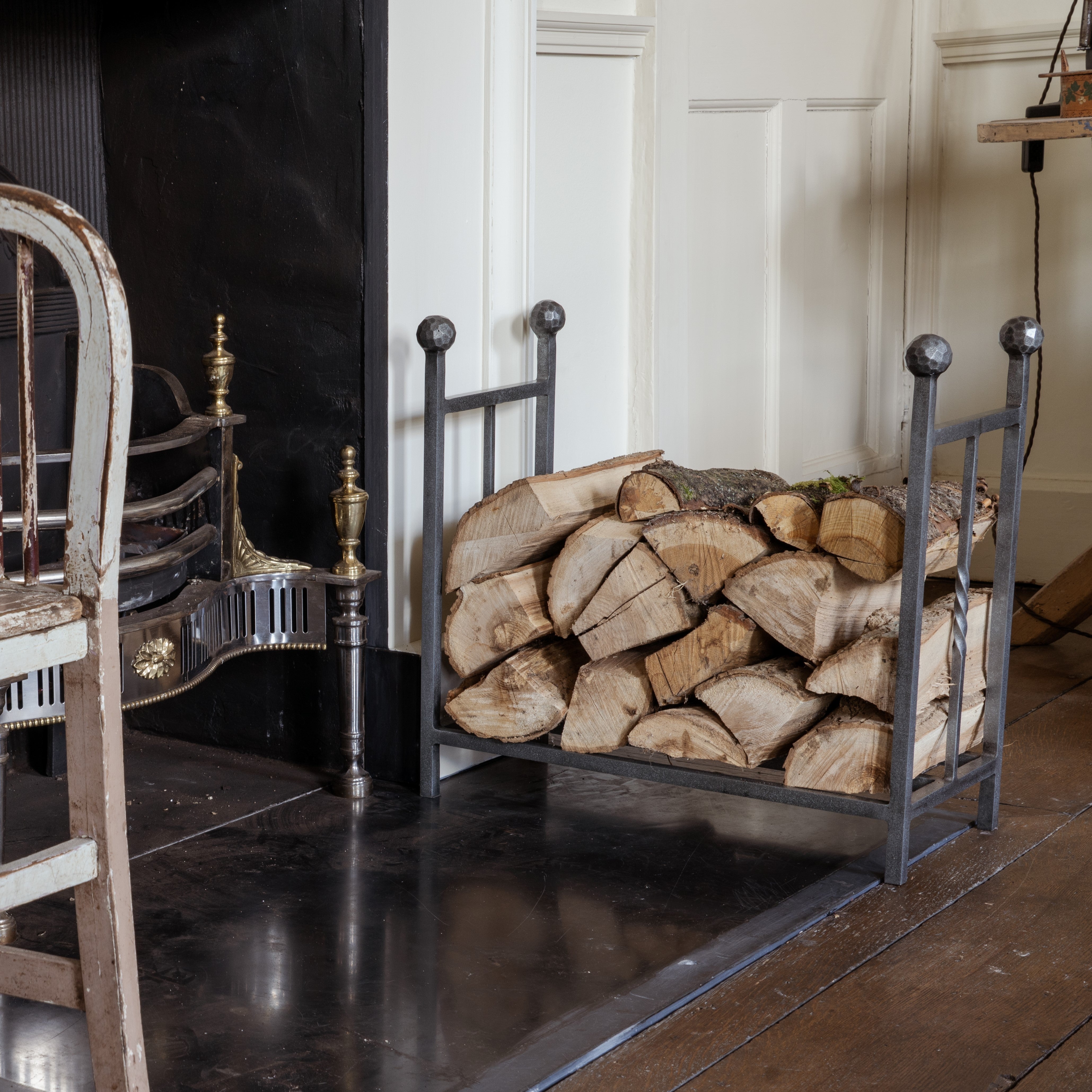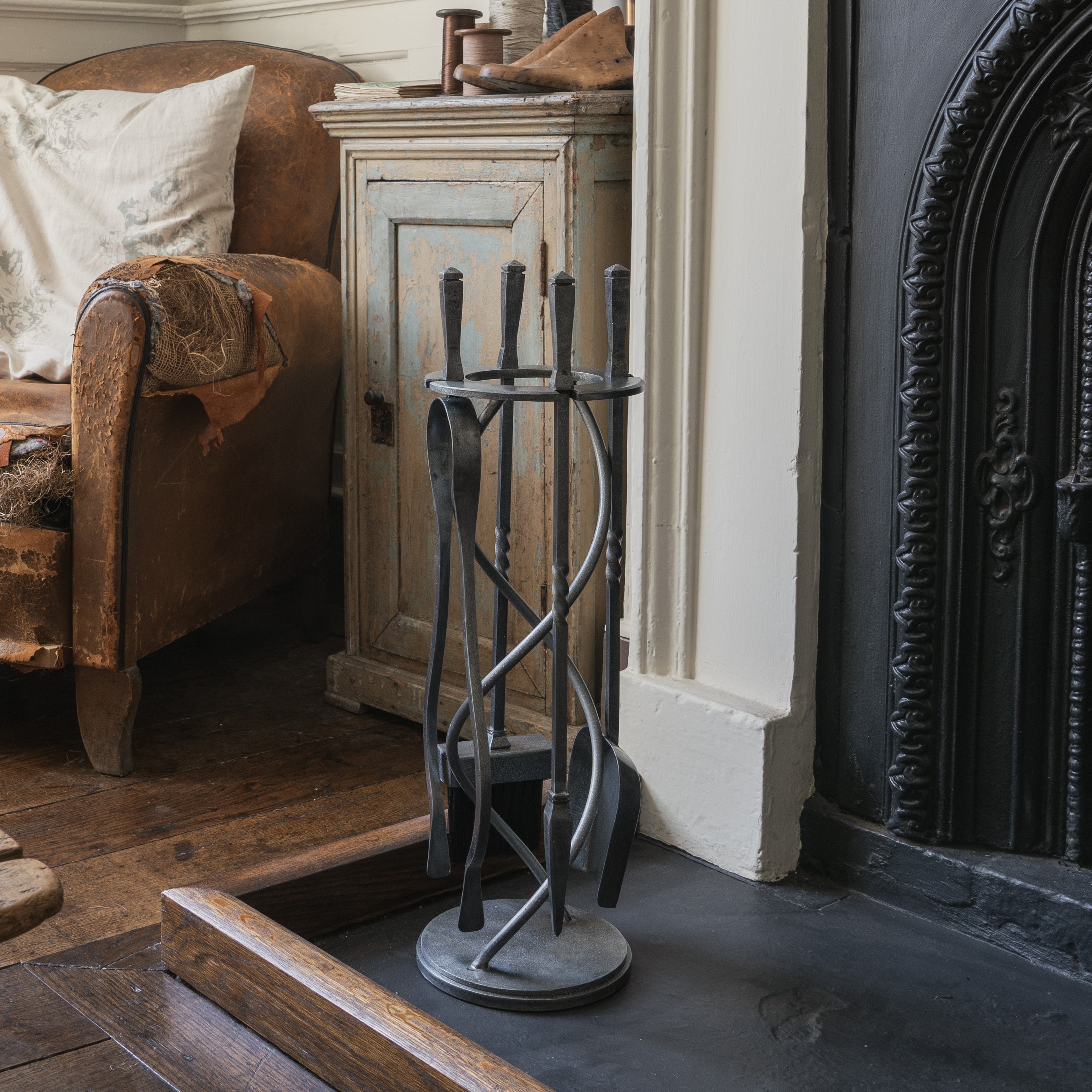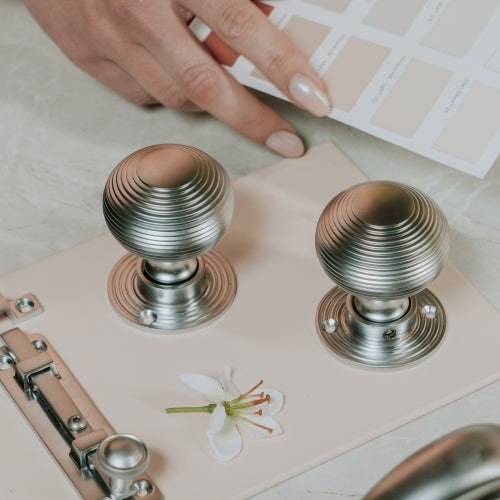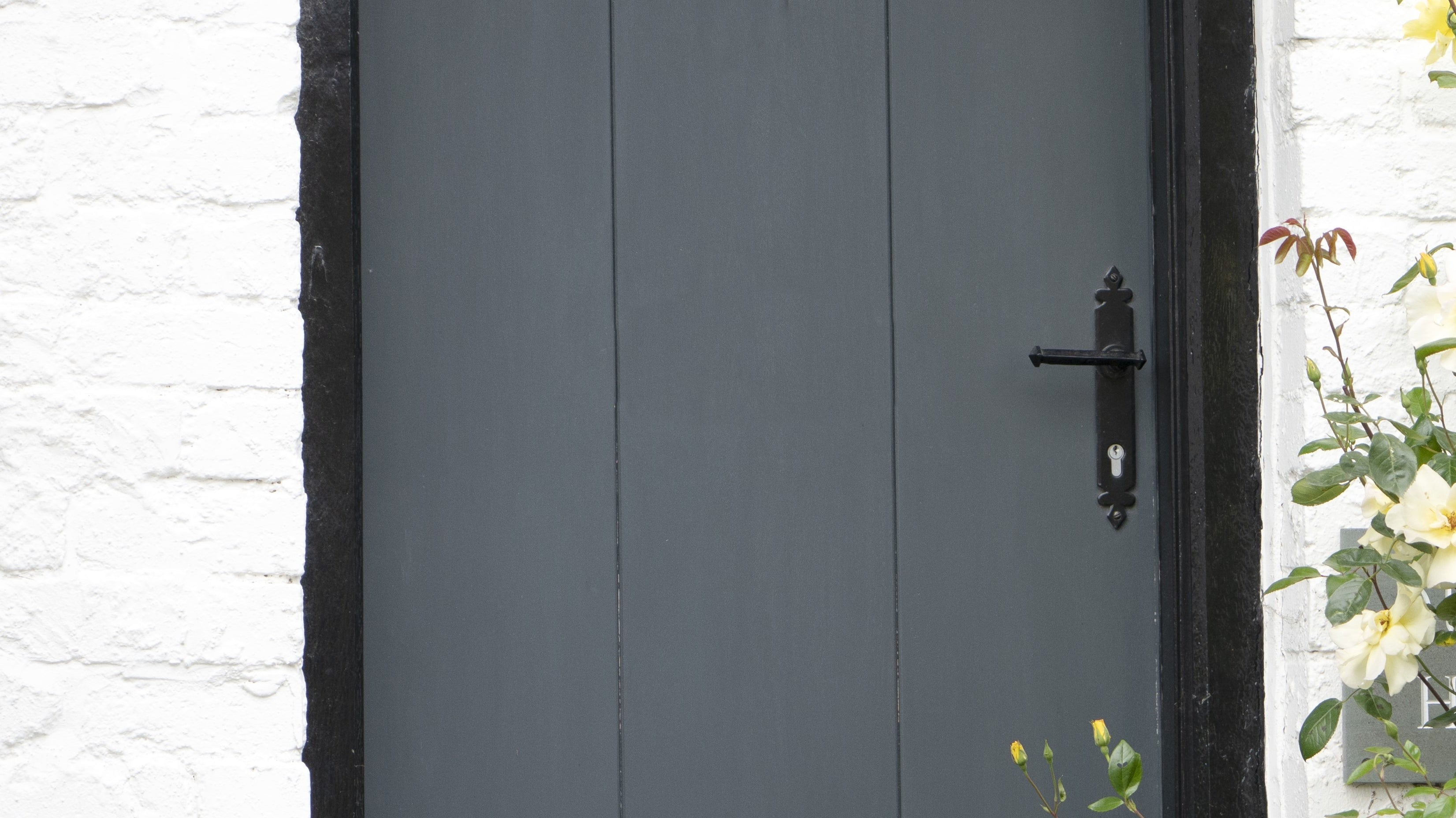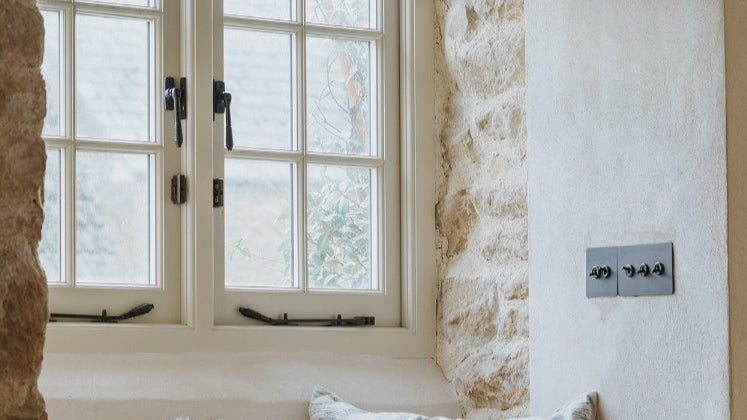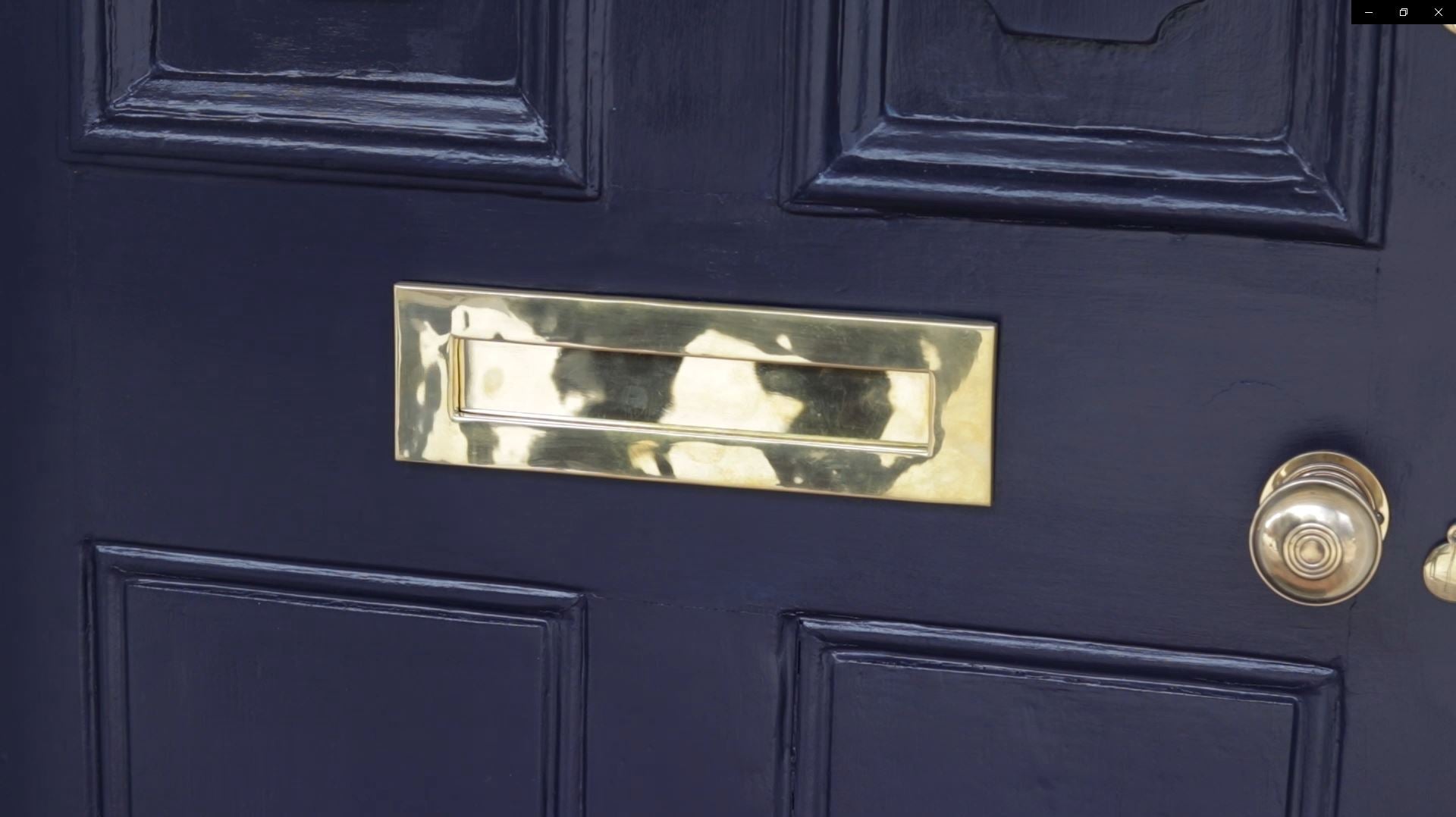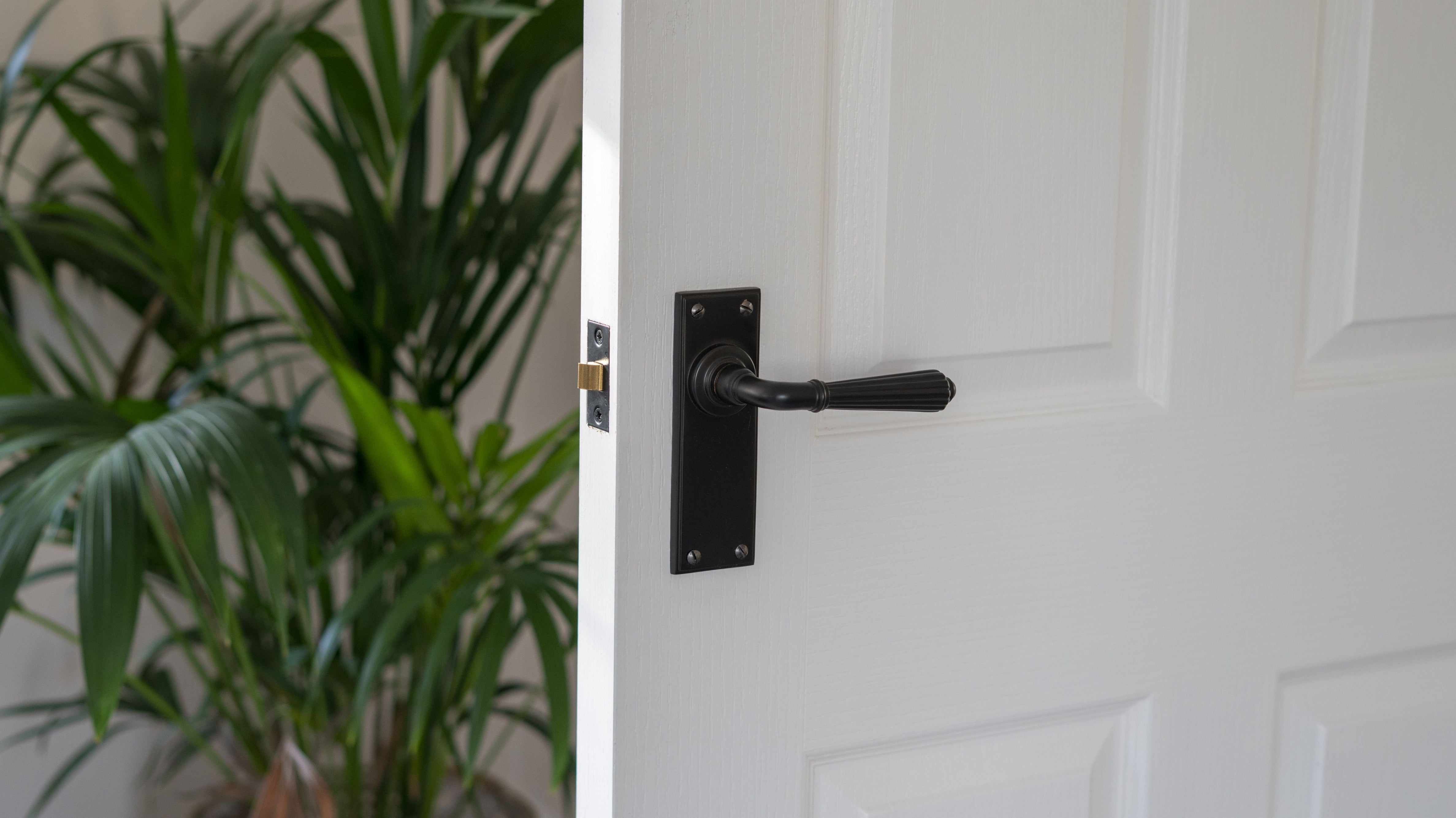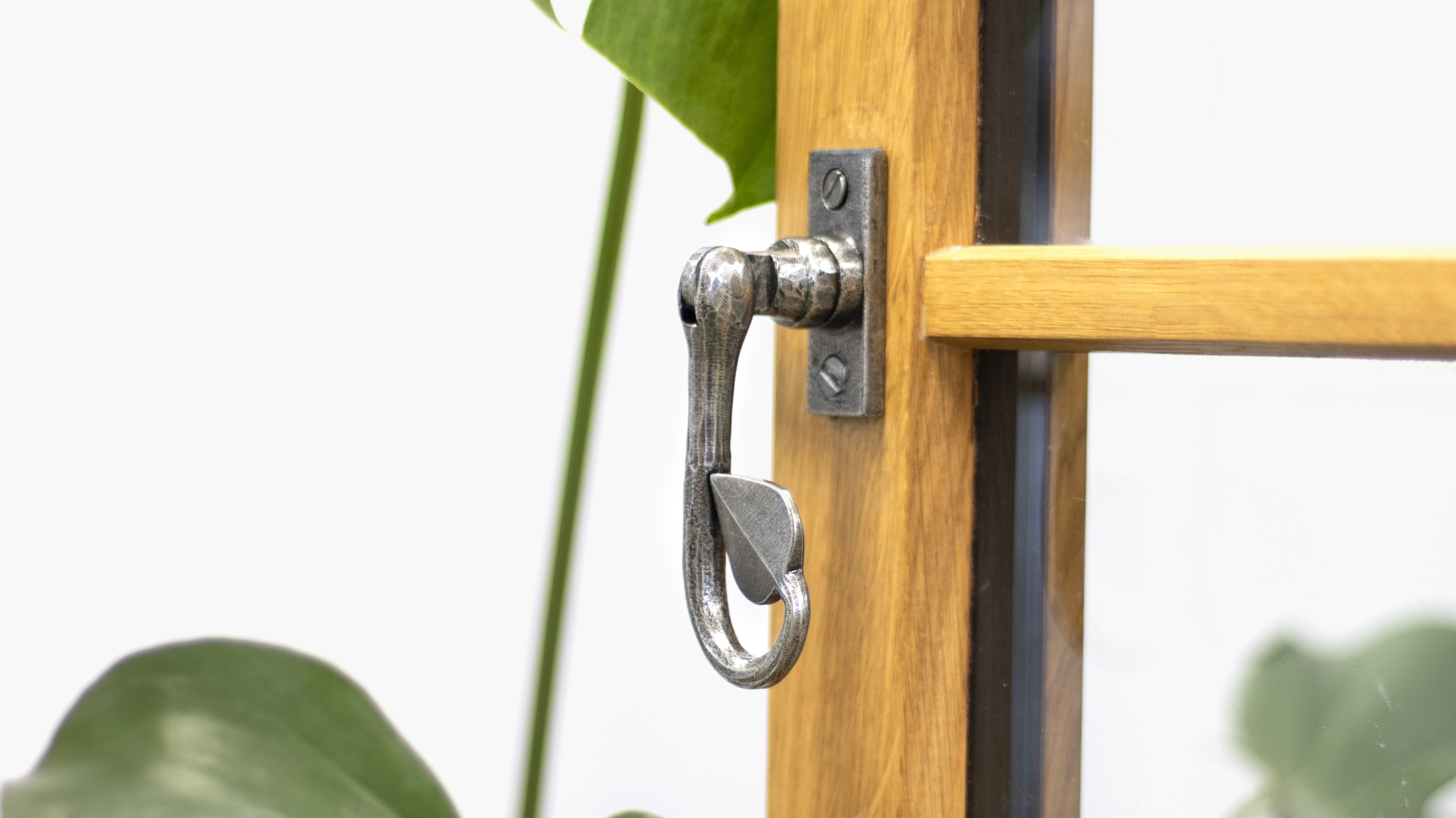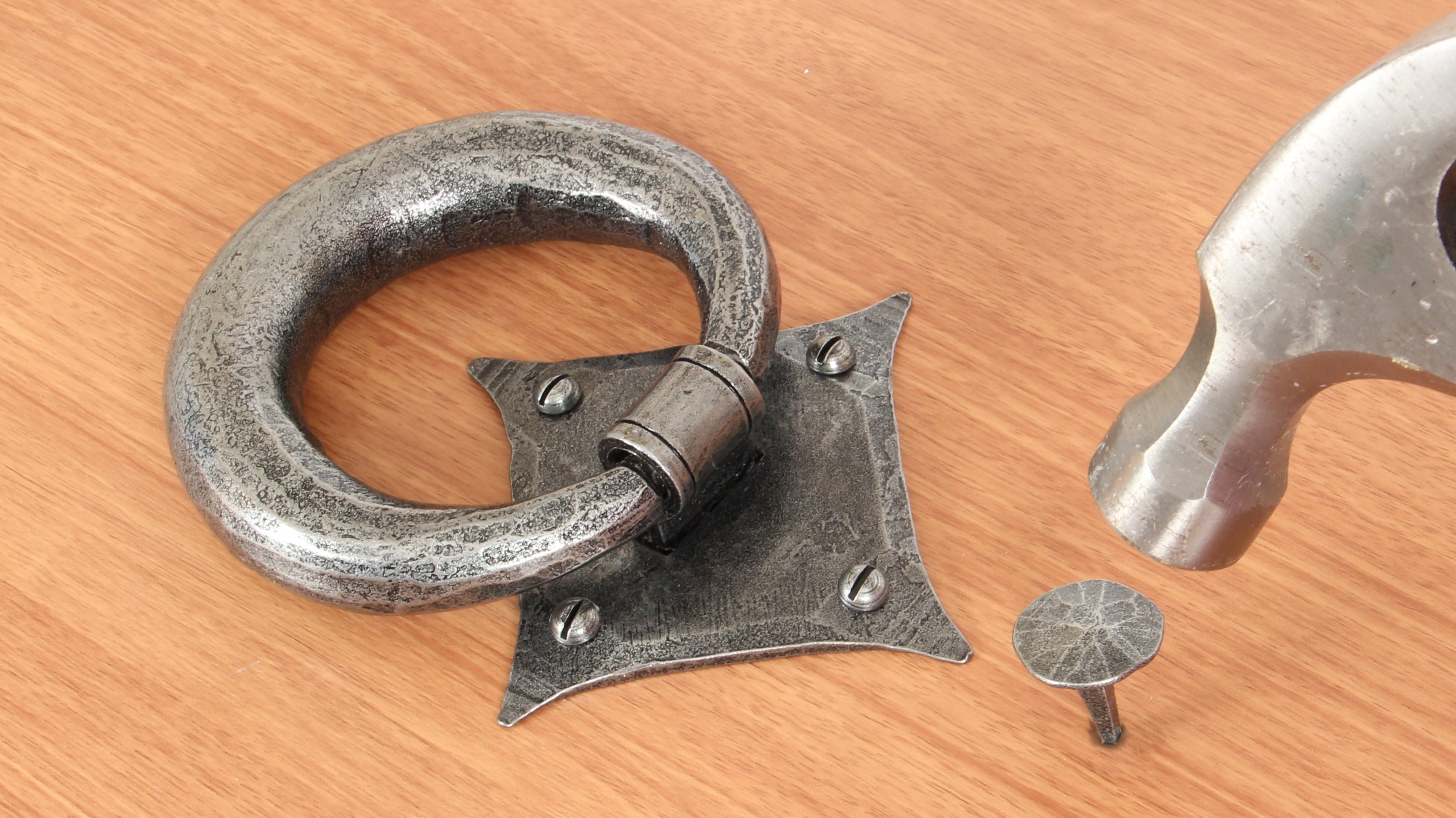Contents
- Parts of a Window Fastener
- Different Types of Window Fasteners
- Non-Handed vs. Handed Window Fasteners
- How to Fit a Window Fastener
Parts of a Window Fastener
Fastener: the fastener is the part which moves in/out of the plate to open/close the window. It consists of two parts; the arm part and the tail part. The arm part slots into the mortice or hook plate, whereas the tail part is what you grab to operate the fastener.
Mortice plate: morticed into the window frame where it serves as a keep for the arm of the window fastener.
Hook plate: fitted to the surface of the window frame where it serves as a keep for the arm of the window fastener.
All From The Anvil window fasteners are also supplied with all the necessary screws and fixings to fit them to your window frames.

Different Types of Window Fasteners
There are several different types of window fasteners you can choose to suit your purpose.
Standard - designed to fit casement windows
Locking - the same as a standard window fastener but with a locking mechanism which tightens via a grub screw.
Night-venting - can be locked in a closed position as well as two open positions to allow some ventilation. Locking mechanism operates via tightening of a grub screw.

Non-Handed vs. Handed Window Fasteners
Standard window fasteners can rotate 360 degrees. Effectively, this means that they can be used on either side of the window, because they can be turned upside down to suit either direction.
Handed window fasteners cannot rotate 360 degrees. This means that they will only function properly if fitted to the correct side of the window frame.
Right-handed window fasteners move anti-clockwise with the tail facing away from the frame.
Left-handed window fasteners move clockwise with the tail facing away from the frame.

How to Fit a Window Fastener
1. Select your fastener based on the style of your window and the type of keep you need.
2. Position the fastener in the centre of vertical window frame and use a pencil to mark holes for the screws.
3. Select your keep - this can either be a mortice keep or surface mounted keep.
4. Hold your fastener in the locked position, where it will be fitted to your window. Then hold your keep next to it, as if it were in the locked position, and mark the palcement of the keep screws.
5. If you're using a mortice keep, rout or chisel out the hole for the fastener pivot. A hole for the plate can be cut out to finish it to fit flush to the surface. Mark the holes for drilling.
6. Drill all pilot holes, taking care to brush anyway any excess saw dust.
7. Screw through the plates into the pilot holes and secure into place. Test the fastener to make sure it works.
Please note: we always advise drilling pilot holes prior to fitting screws. Ideally, From The Anvil screws should be fitted using a hand-held screwdriver to avoid damaging the screw and/or its coating. To protect the screw, try rubbing the shaft with Beeswax prior to use.




